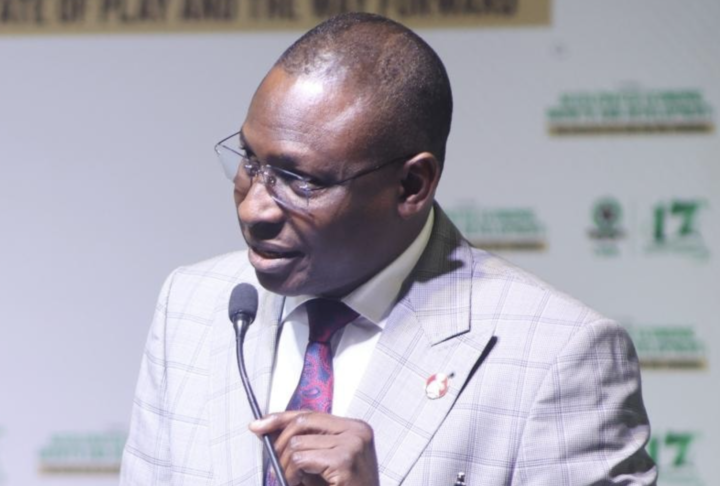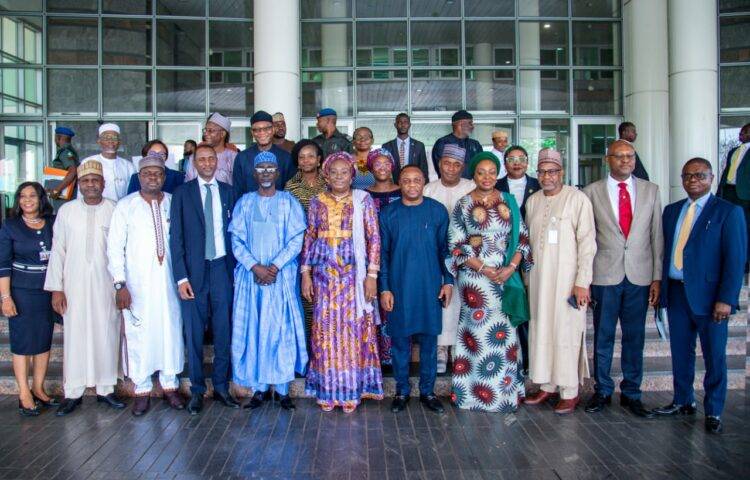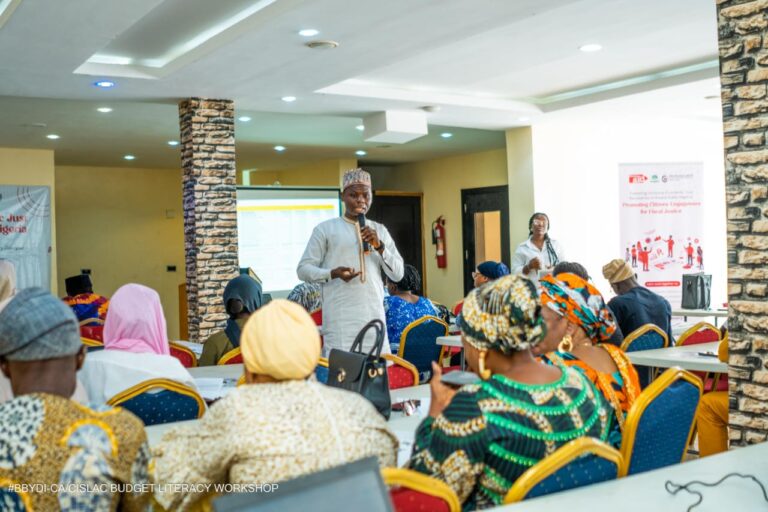Internet fraud makes innocent Nigerians victims of stricter visa rules – EFCC chair
Ola Olukoyede, the chairman of the Economic and Financial Crimes Commission (EFCC), has declared that internet fraud is subjecting “innocent” Nigerians to increasingly strict visa restrictions when traveling abroad.
He made these remarks during a gathering in Port Harcourt, organized by the Coalition of Nigerian Youth on Security and Safety Affairs (CONYSSA).
At the event, themed ‘Uniting South-South Youths in the Fight Against Cultism, Pipeline Vandalism, Internet Fraud, Money Laundering, Drug Abuse, Human Trafficking, and Economic Sabotage,’ Olukoyede, through his representative Coker Oyegunle, urged young people to avoid the temptations of internet fraud, commonly referred to as “Yahoo Yahoo.”
Olukoyede warned, “Those who venture into internet fraud ultimately lose their freedom, reputation, and future.”
He emphasized that short-term gains from fraudulent activities could lead to long-lasting consequences, stating, “Engaging in fraud is not a successful venture.”
He highlighted the significant economic impact of such crimes, noting that internet fraud and money laundering cost Nigeria billions annually, hindering national development and reducing opportunities for citizens.
“These criminal activities not only damage our economy but also tarnish Nigeria’s international image,” he remarked, leading to stricter visa processes for those wanting to travel abroad.
The EFCC chairman urged youthful minds to channel their talents into productive activities, suggesting avenues like digital innovation, entrepreneurship, agriculture, and the creative industries. “These fields provide sustainable opportunities without the risks of crime,” he noted.
In a related discussion, Mathew Ewah, assistant commander-general at the National Drug Law Enforcement Agency (NDLEA), echoed the call for youth to reject drugs.
“Drug abuse is a significant social issue that affects families and communities,” he observed, emphasizing the pressing need to address this growing concern among Nigeria’s youth.
Source: TheCable






